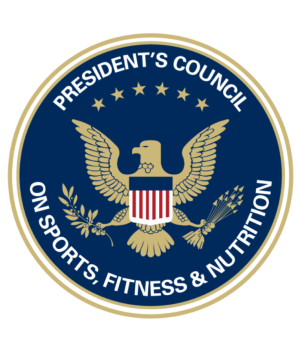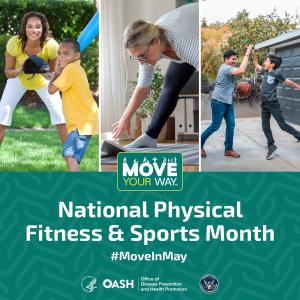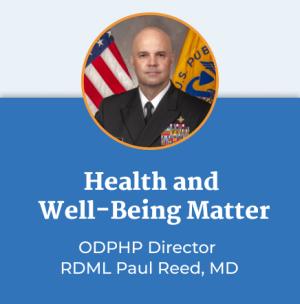Hypertension, or high blood pressure, puts tens of millions of people at risk for largely preventable conditions — such as heart attacks, strokes, and heart failure — and premature death. Hypertension is one of the leading modifiable risk factors causing chronic disease and premature mortality in the United States. Yet a large percentage of Americans are unaware that they have hypertension, and only about 1 in 4 adults in the United States have it under control. Preventing and controlling hypertension for Americans will save lives, reduce inordinate costs, and improve health, well-being, and resilience. The first step toward these outcomes is acknowledging that hypertension, sometimes called the “silent killer” for often going undetected before leading to serious harm, is also a “silent pandemic” — and though it’s not a contagious threat in the traditional sense, hypertension needs to be addressed with even greater attention and urgency. The statistics clearly define the problem.


